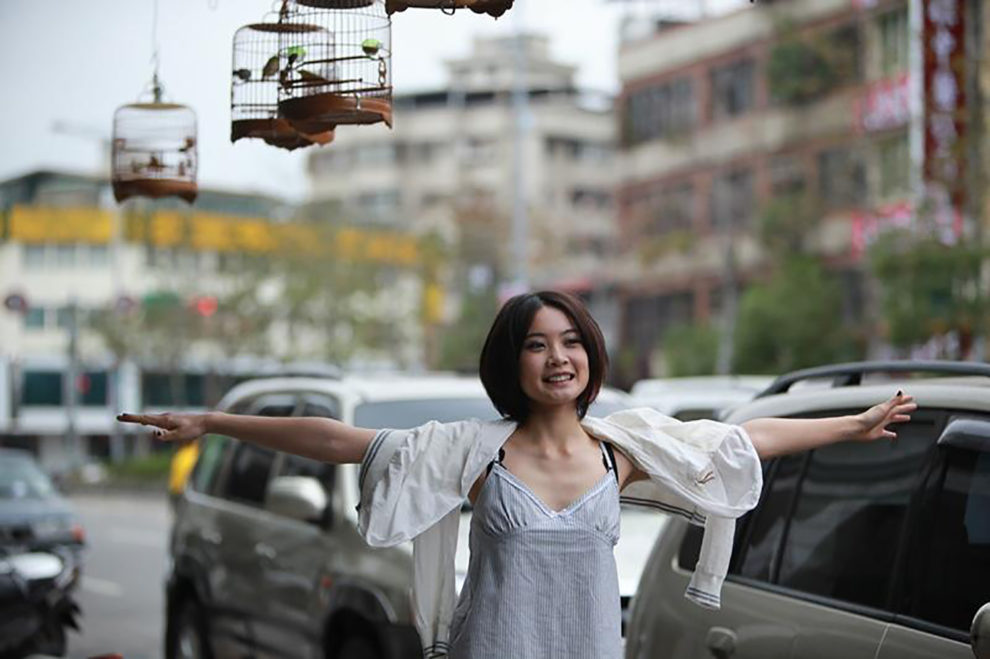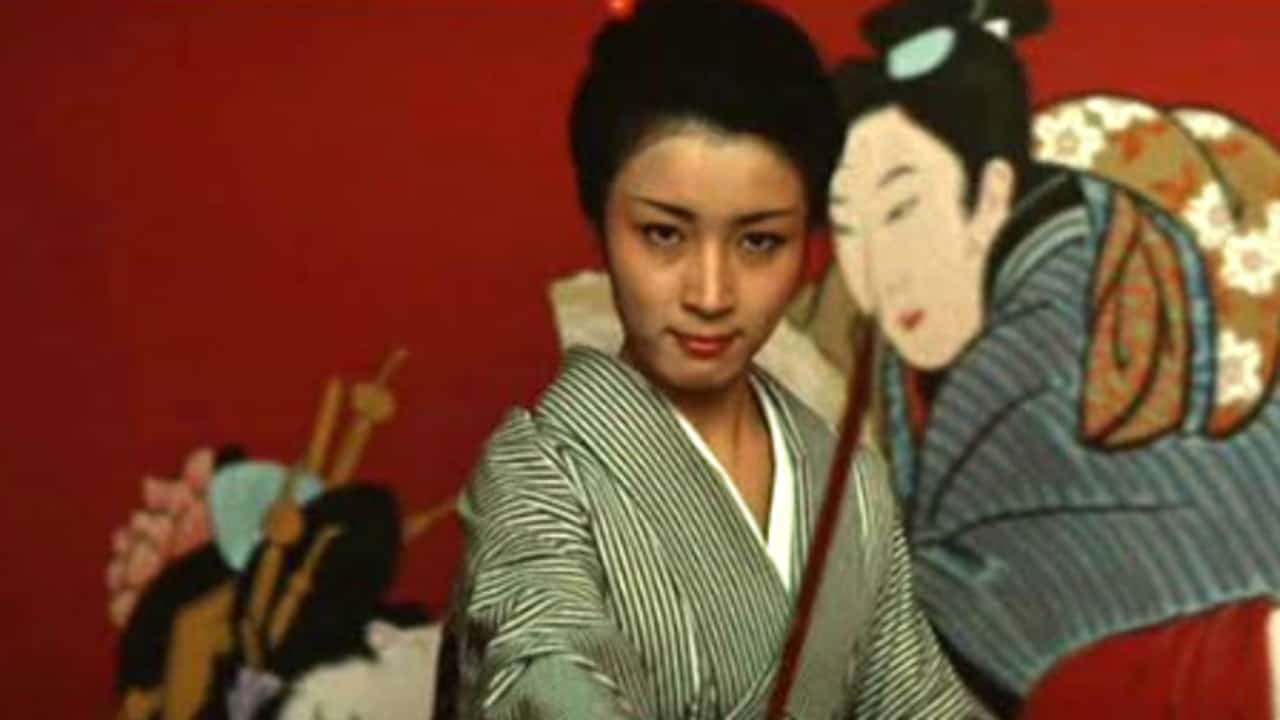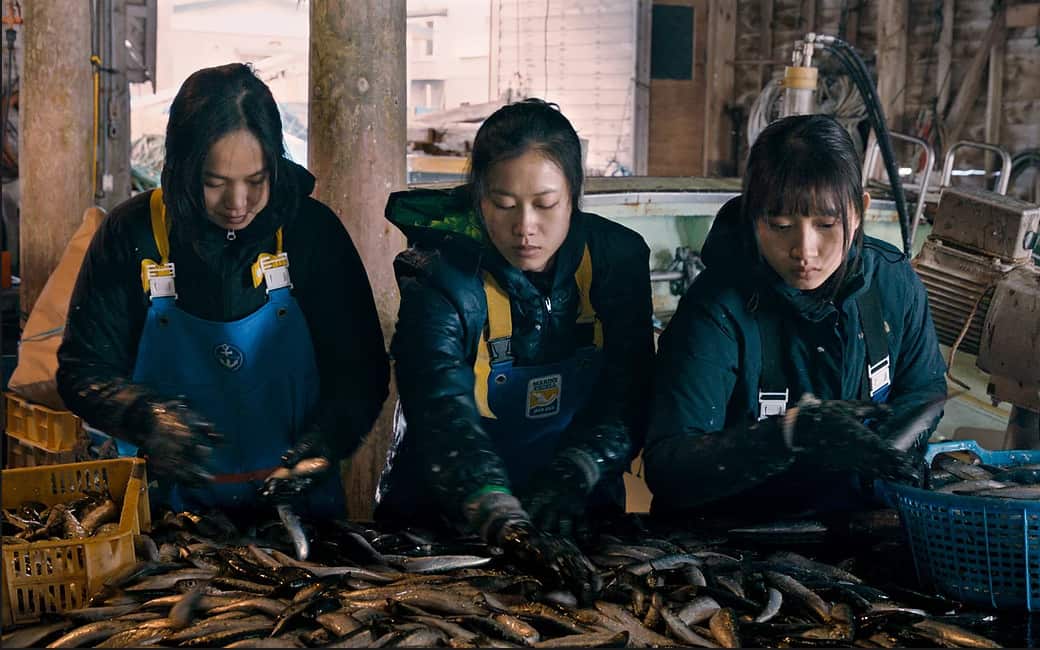The Taiwan Film Festival Edinburgh is dedicated to Taiwanese film production of various genres and epochs. This year, in one of its sections, it presents works that are counted among the so-called Taiwanese New Wave, which in the 1980s stood for a cinema that was interested in the social realities of the country, using the aesthetics and means of realistic storytelling. As one of the examples of the ongoing influence of this school on a newer generation of filmmakers, the festival presents “When Love Comes” by Tso-chi Chang.
“When Love Comes“ is screening at Taiwan Film Festival Edinburgh

This mixture of social drama and tragicomedy won the award for Best Film at the Golden Horse Film Festival in Taipei, when it was released in 2010, which could not have been more deserved. Sensitive, humorous and exciting, Chang tells the story of the everyday life of an unusual family. He unites four generations under one roof and captures the different perspectives of the protagonists and their circumstances.
Under the strict regime of matriarch Xue Feng, the family runs a restaurant. Everyone has to help, only the youngest Laichun, a 16-year-old girl who has only boys and sexy clothes on her mind, offers resistance. She rebels without knowing exactly what against. One thing she believes to be certain of: She does not want to live like her parents. Laichun's father, Dark Face, married Xue Feng for rational reasons because of her social position. When the latter was unable to give him children, they agreed that he could take Zi-hua as his second wife, who would live with them from then on – and provide for their offspring. In addition, the family also includes Xue Feng's autistic brother and her old but undemanding and generous father. So Laichun is not lacking for reference points. But the men do not instill much respect in her. Therefore, she is torn between her two mothers. She longs for esteem, which she cannot find under the severity the two of them show her.
It is the women who lead the world in this film. They are the makers, they take the decisions for themselves and their families. Dark Faces' outbursts of rage do not intimidate anyone, they rather provide for amusement. But the women leave him this only opportunity to vent his anger. Seriously, he doesn't want to defend himself, because he is basically happy with his family, even if he would like his wives to work less and live a simpler, quieter life with them in the country.
“When Love Comes” is about different kinds of dependencies. One is the purely material one, which makes the family cling to the restaurant and plays into the hands of the local mafia. On the other hand, there are the emotional ones, which are partly felt as a burden, but also as support. It tells about family, which is not only made up of members who are connected by blood. Rather, the film argues for an alternative concept that turns the family primarily into a community that cares for each other without paying attention to degrees of kinship. In this context, the film also deals with the topic of motherhood and the forms it can take. And finally, “When Love Comes” is also an impressive coming-of-age movie in which a young woman recognizes the love that is shown to her and which is the driving force for everyone in her family.
Director Chang, who edited his film himself, pays attention to a calm narrative rhythm and, together with cameraman Chan Chang, focuses on rich colors and equally calm camera angles. For it is the actors who fill the carefully equipped drama with rousing and powerful life. The natural and forceful dynamics between the main characters are the strength of the film. The viewer can identify with each role in one way or another: Whether with Xue Feng as an assertive businesswoman, played by Hsueh-Feng Lu, the daring young Laichun, played by Yi-Chieh Lee, the insecure and overstrained Zi-hua, played by Tzu-hua Ho, and the good-natured, somewhat lazy Dark Face (Yu-Shun Lin).
Both in terms of content and form, “When Love Comes” stands out as an unit. Not only in the precisely composed contemplative shots, but also in the scenes exuberant with dialogue, a poetic-romantic mood resonates, which makes the film artistically appealing and valuable. The story also gets close and represents a definition of love that is reconciliatory.















